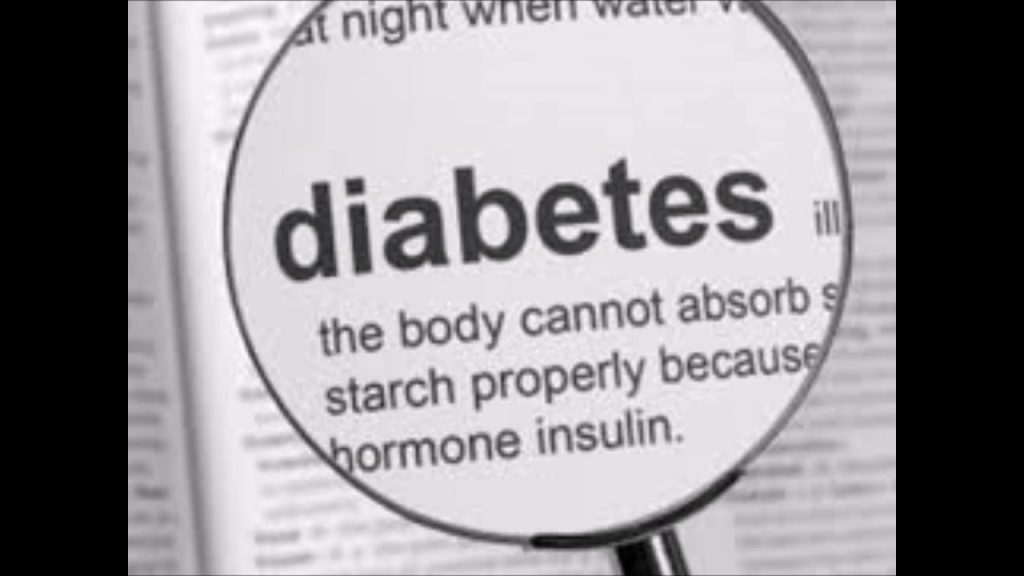National Diabetes Awareness
 November is National Diabetes Awareness month. Many people are being diagnosed yearly with Diabetes. This is when high levels of glucose build up in the blood due to either the pancreas not producing enough insulin or the body not using the insulin it produces.
November is National Diabetes Awareness month. Many people are being diagnosed yearly with Diabetes. This is when high levels of glucose build up in the blood due to either the pancreas not producing enough insulin or the body not using the insulin it produces.
Diabetes is broken down into three types: Type 1, Type II and Gestational. Type I occurs when the body attacks the pancreas and destroys the insulin producing cells. This type needs the use of an insulin pump or shots to regulate the sugar levels in the body. Type I occurs mostly in youth and young adults. Knowing the signs can help with early detection:
· High levels of sugar in the blood
· High levels of sugar in the urine
· Frequent urination
· Extreme hunger
· Extreme thirst
· Extreme weight loss
· Weakness and fatigue
· Moodiness and irritability
· Nausea and vomiting
Type II diabetes usually occurs when someone is overweight. This happens when the pancreas produces some insulin, but the body in unable to use it as needed. This leads to high levels of glucose in the blood. The main way to fight this type of diabetes involves weight loss and exercise. Often, type 2 diabetes develops slowly, and symptoms are mild. These symptoms can include:
· Increased thirst
· More frequent urination
· Edginess, fatigue, and nausea
· Increased appetite accompanied by weight loss
· Repeated or hard-to-heal infections (for example, skin, gum, vaginal, or bladder)
· Blurred vision
· Tingling or numbness in the hands or feet
· Dry, itchy skin
Gestational diabetes occurs during pregnancy. The blood glucose level rises above average; however, after delivery, blood glucose usually returns to normal. Women who have gestational diabetes are at greater risk for developing type 2 diabetes. Most of these cases are monitored by physicians and dieticians. Following a strict diet is the best way to control this type. Gestational diabetes, if left uncontrolled, can lead to high blood pressure or a larger baby.
Please contact the American Diabetes Association and The American Dietetic Association for additional information if you have diabetes or feel that you may have it. You can receive help in learning what foods you can eat, how to shop for the appropriate foods and how to manage your sugar levels through exercise and medications as well. Most importantly, remember to see your physician to have your blood and sugar levels tested if you feel that you may have it or to manage the disease.


